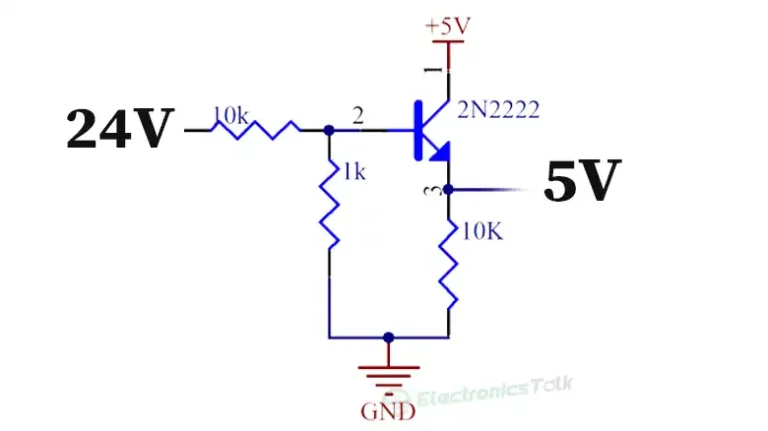Can I Use an 18V Battery in a 14.4V Drill? Let’s Find Out!
When it comes to power tools, it’s essential to understand the compatibility between batteries and drills. One common question that arises is whether it’s possible to use an 18V battery in a 14.4V drill. In this article, we will explore the compatibility, potential risks, and benefits of using a higher-voltage battery in a lower-voltage drill.
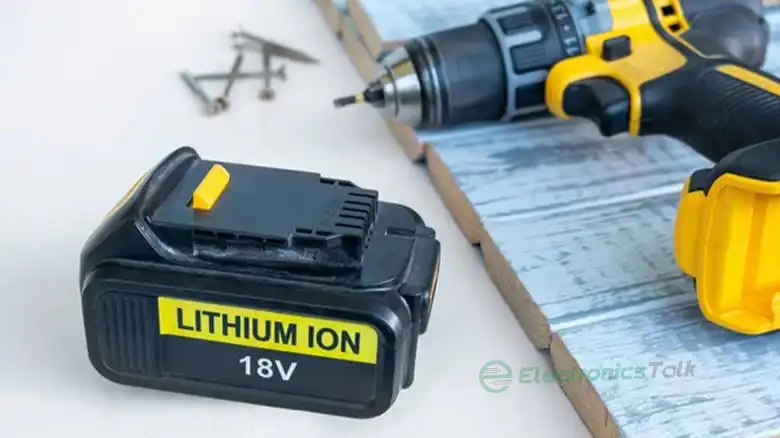
Compatibility Considerations
Before diving into the topic, let’s first understand the concept of voltage. Voltage refers to the electrical potential difference between two points in a circuit. In the context of power tools, it determines the power output and performance of the drill. Higher voltage batteries generally deliver more power and run for longer durations.
Using an 18V battery in a 14.4V drill may seem tempting, especially if you have an extra battery on hand. However, it’s important to note that power tool manufacturers design batteries and drills to be compatible with specific voltage ranges. Deviating from these specifications can have both positive and negative consequences.
Potential Benefits
Using an 18V battery in a 14.4V drill can offer some advantages. The higher voltage battery may provide increased torque and speed, allowing the drill to handle tougher tasks with greater ease. Additionally, an 18V battery typically has a larger capacity, meaning it can last longer between charges.
Potential Risks
18V batteries are designed to provide more power to tools than 14.4V batteries. This means that using an 18V battery in a 14.4V drill can put excess strain on the drill’s motor and other components, which could lead to premature failure.
Additionally, some 14.4V drills may not have the necessary circuitry to handle the higher voltage of an 18V battery. This could cause the drill to overheat or even short-circuit, which could be a safety hazard.
Potential risks of using an 18V battery in a 14.4V drill:
- Overheating of the drill: A higher voltage battery can overload the drill’s motor, causing excessive heat and potentially damaging the internal components. This can lead to decreased tool lifespan and compromised performance.
- Short-circuit of the drill: Using an incompatible battery with a higher voltage may overwhelm the drill’s electrical circuits. A short-circuit can occur when an excessive electrical current bypasses the normal path and flows through unintended routes, potentially damaging sensitive electronic components in the drill and rendering it inoperative.
- Premature failure of the drill’s motor and other components: Using an 18V battery in a 14.4V drill might work initially, but it can significantly reduce the lifespan of both the battery and the tool. The mismatch in voltage can cause the battery to drain faster and reduce the number of charge cycles it can undergo.
- Fire hazard: Overloading the drill can result in overheating, which may lead to the melting of the tool casing or, in extreme cases, a fire hazard. This poses significant risks to both the user and the surrounding environment.
Manufacturer Recommendations
Manufacturers design power tools with specific voltage ratings to ensure safe and optimal performance. Deviating from these specifications can void the warranty and compromise the tool’s safety certifications. It is always advisable to adhere to the manufacturer’s recommendations regarding battery compatibility.
But if you do choose to use an 18V battery in a 14.4V drill, there are a few things you can do to reduce the risk of damage:
- Use a battery adapter to ensure that the battery fits securely in the drill.
- Be careful not to overheat the drill. If the drill starts to feel hot, take a break and let it cool down.
- Avoid using the drill at high speeds or for extended periods.
- Inspect the drill regularly for signs of damage. If you see any damage, stop using the drill immediately.
People Also Ask (PAA)
Can I modify the drill to use an 18V battery safely?
Modifying the drill to use an 18V battery is not recommended, as it can lead to damage and safety hazards.
What safety precautions should I take if I still want to use an 18V battery in a 14.4V drill?
Ensure secure and proper connections between the battery and drill. Monitor the drill’s performance for any signs of excessive heat or unusual sounds and stop using the battery if any issues arise.
Will using an 18V battery in a 14.4V drill impact its performance significantly?
Using an 18V battery may provide a slight improvement in torque and speed, but the overall impact may not be significant enough to justify the risks involved.
To Conclude
It is not recommended to use an 18V battery in a 14.4V drill due to the potential risks of damage. If you choose to do so, be sure to take steps to reduce the risk, such as using a battery adapter and being careful not to overheat the drill.


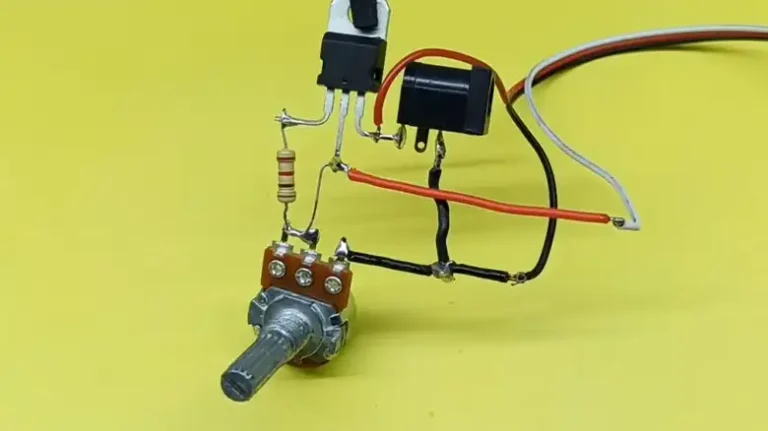
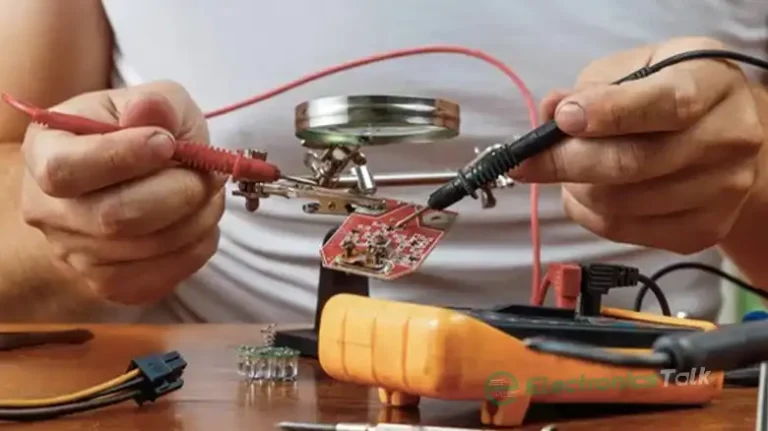
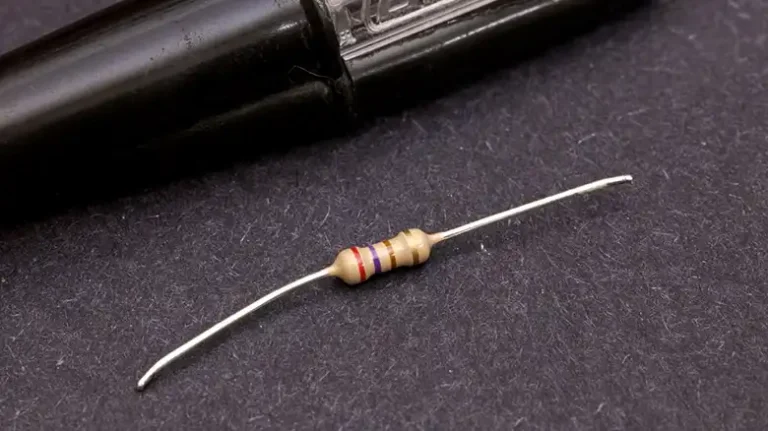
![[Explained] How to Reduce 5V to 4V Using Resistor?](https://www.electronicstalk.org/wp-content/uploads/2023/10/How-to-Reduce-5V-to-4V-Using-Resistor-768x431.webp)
